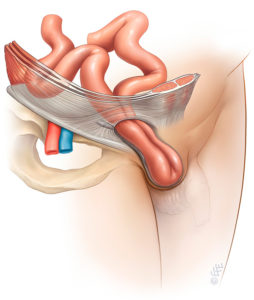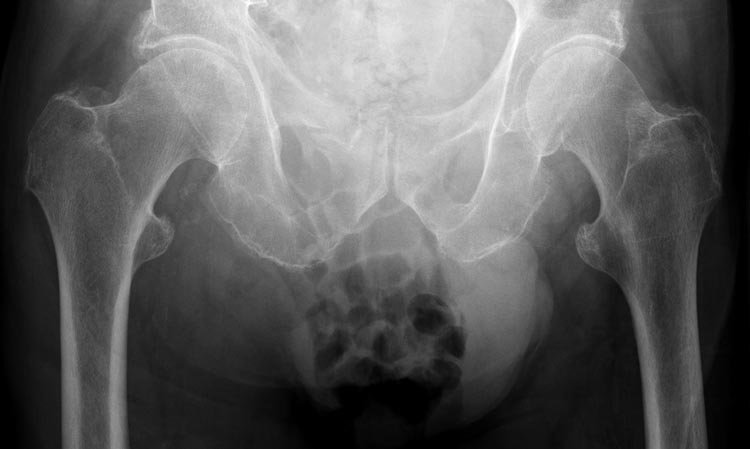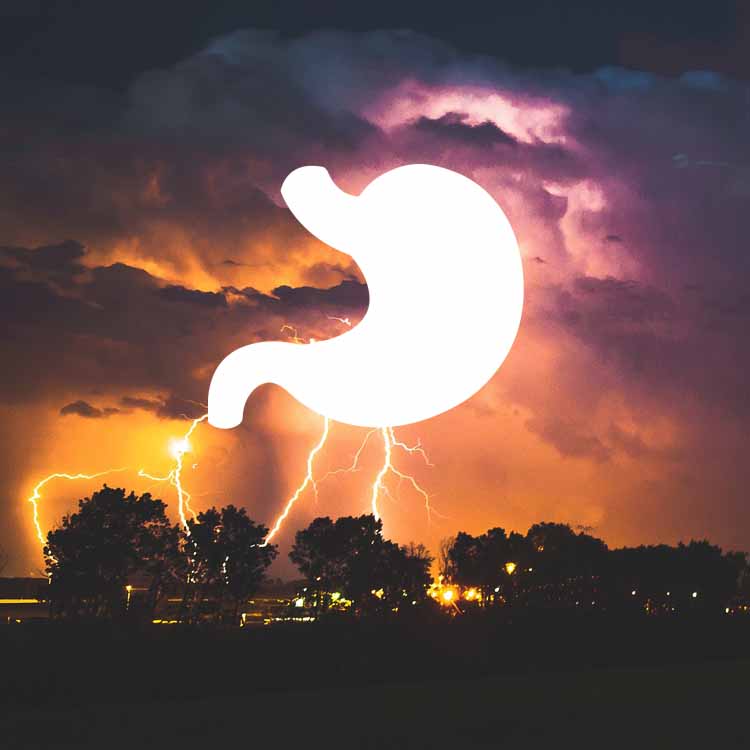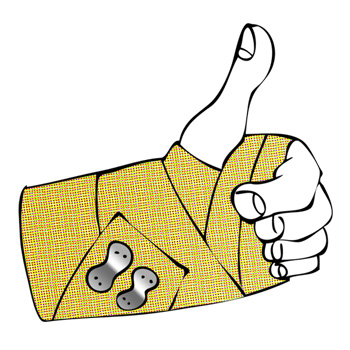Early Signs of Inguinal Hernias

In an earlier post, we went over the different types of Hernias and how they effect the body, today we’re addressing the most common type of Hernias: Inguinal. Knowing the signs, and addressing them early increases success with Inguinal Hernias and minimizes damage to your body. We’ll address both normal Inguinal Hernias and Incarcerated Hernias.
Inguinal Hernias
Inguinal Hernias are the most common type of Hernia with occurrences at over 96% of treated hernias. People with penises are at highest risk of this type of Hernia, and should take extra care to watch their bodies and address any unusual signs. An inguinal hernia occurs when the structures of the groin are compromised and the intestines or bladder protrude through the abdominal wall or into the inguinal canal.
There are two types, typical and incarcerated. Typical Hernias occur when you’re able to push the components that have compromised the groin structure back into their permanent areas. Incarcerated Hernias are very serious and need to be addressed immediately due to their life-threatening nature. Incarcerated Hernias occur when the abdomen or intestinal components are stuck (incarcerated) in the abdomen wall, they are often cut off from blood circulation – the life-threatening aspect to Incarcerated Hernias.


Signs and Symptoms
Know your body, if you see anything unusual in your genital area – check it out and look for these signs and symptoms of Inguinal Hernias. When you’re upright, look at either side of your pubic bone, do you see an unusual bulge? This might be a Hernia that needs to be addressed, if you cough or strain and it gets more noticeable – seek medical attention right away. If at any time you feel burning or aching anywhere around your groin, check for bulges and if you see one – seek medical attention.
Other symptoms are pain and discomfort around the groin when bending over, coughing, or lifting. A heavy or dragging sensation in the groin area, along with weakness or pressure. Also look for pain or swelling around the testicles, this can mean the protruding components have descended into the scrotum.
In addition to these symptoms you experience any of the following, call your doctor immediately they can be signs of an Incarcerated Hernia:
- Vomiting/nausea
- Fever
- Sudden, intensifying pain
- Inability to move bowels or pass gas
- Dark, red or purple bulge
Addressing Hernias early can increase success in their treatment. Use these signs to accurately diagnose an Inguinal Hernia and seek treatment. Medical help should always be sought before taking any other actions.
Like this article and want to read more? Check out our Articles for quality posts covering many topics
Have a hernia? Our hernia trusses are made in the USA, where shipping is free!
Want more articles like this? Leave a rating:
- Readers Rating
-
Rated 3 stars
3 / 5 ( Reviewers) - Good
- Your Rating
-

 An Incarcerated Inguinal Hernia which has descended into the scrotum
An Incarcerated Inguinal Hernia which has descended into the scrotum


